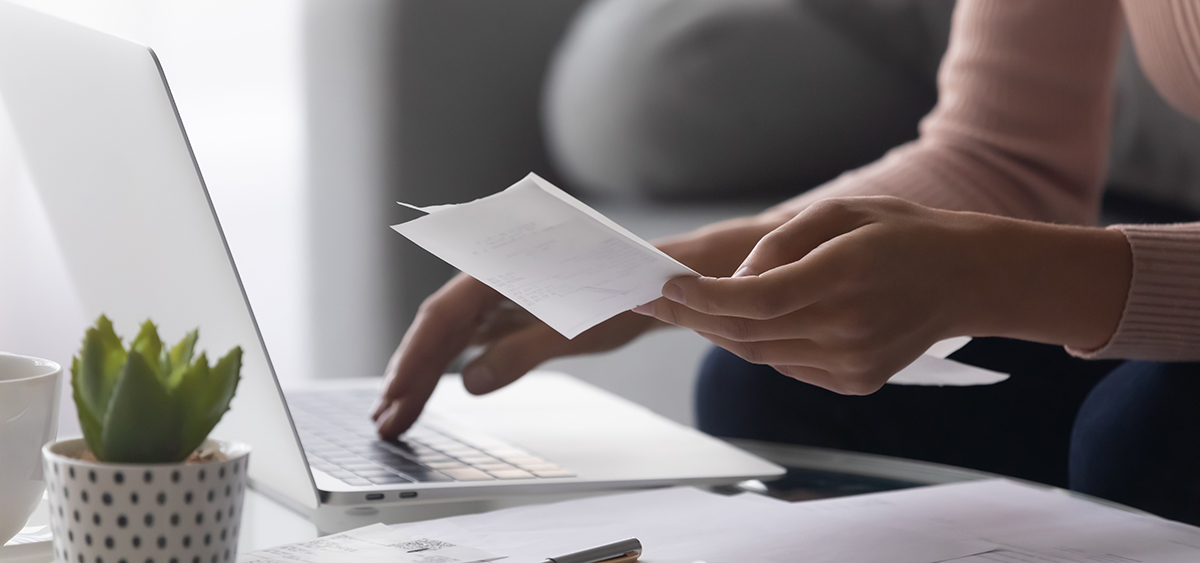How much does it cost to buy a home? One thing is certain: you’ll have to pay more than just the purchase price of your dream home. Some of these expenses are unavoidable, some depend on the situation, and others are optional.

Unavoidable expenses
When you buy your first home, you’ll have to budget for expenses such as taxes and insurance.
Expense
What is this?
Property tax
Homeowners must pay property taxes (municipal and school) every year. Property taxes are based on your property evaluation. This evaluation and the amount of the property taxes are usually available from websites of your municipality and school board.
You’re responsible for property taxes starting on the day you officially take ownership. The notary will calculate your share of taxes for the current year when you meet to sign the deed of sale.If the seller has already paid the taxes for the entire year, you’ll have to reimburse the seller for the part of the year you own the property.
Land transfer duty (welcome tax)
In most cases, you must pay a land transfer duty, often known as a “welcome tax.” This tax applies only when you buy a home. You can estimate your welcome tax using online tools. Check with your municipality to see if they offer the option to pay in multiple installments.
In a few rare cases, you don’t have to pay the welcome tax. This happens, for example, if you buy from a parent or step-parent. However, you might have to pay other fees in this case (called a “special duty,” up to a maximum of $200).
Home insurance
The financial institution giving you a mortgage loan will require you to have home insurance. Home insurance also protects you
- if your home is damaged (for example, a tree falls through your roof), and
- if someone files a civil lawsuit against you.
Contact an insurance agent or insurance broker to get insurance. Insurance agents work for a specific insurance company and only offer products from that company. Brokers offer insurance products from different insurance companies.
For more information, see our article Insurance for Homes and Belongings.
Additional expenses in some situations
You might have other expenses, for example, if you need a mortgage, buy a condo or a new home, or if you buy from a professional seller.
Your situation
What to expect
If you need a mortgage
The financial institution giving you a mortgage could require you to
- pay a 9% tax on the mortgage insurance premium,
- have your water tested if you have a well,
- have a percolation test carried out if you have a septic system or are planning to have one installed, or
- have your property evaluated by a chartered appraiser. (Visit the website of the Ordre des évaluateurs agréés du Québec (professional association of appraisers) to learn more.)
You’ll also need a notary to notarize your mortgage.
If you buy a condo
If you buy a condo, there’s the added expense of condo fees. These recurring fees go toward the shared expenses.
Also, at least 5% of your condo fees must be placed in a contingency fund. This fund pays for future major repairs and the replacement of shared portions.
If you buy a new home or buy from a professional seller
You must pay the GST/HST and the QST taxes on the price of the home. However, Revenu Québec can sometimes reimburse some of these taxes. Visit the Revenu Québec website to learn more.
If you want the deed of sale to be in English
If you and the seller decide to prepare the deed of sale in English, you must pay for an official French translation. This translation is required to publish the deed in the Registre foncier (land register).
You must come to an agreement with the seller about who will pay for this translation. Talk to your notary for more details.
Optional expenses
You might have to pay for other professional services as well. These services can be very useful and make your life easier, but they’re optional.
Take a look at these articles to learn more about professionals who can help when buying your first property:
You might have to budget for these expenses too:
- hiring movers or renting a moving truck
- sprucing up the property (painting, interior decorating, cleaning service, etc.)
- subscribing to services like cable and Internet
- renovating the property and renting storage space while work is being done





